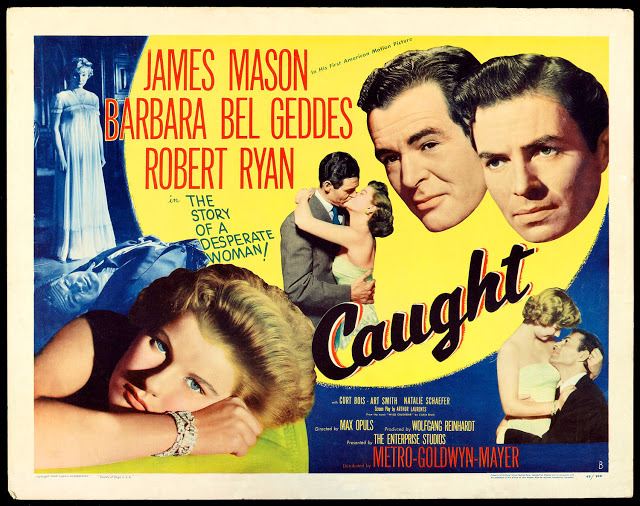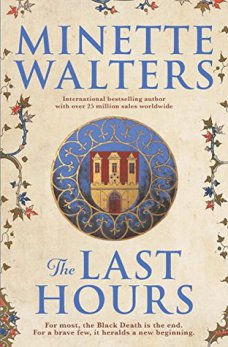Helen Dunmore is an author I’ve covered before here with her 2016 novel, Exposure set in 1950s London. Her last novel, Birdcage Walk is a tale about deaths and how the departed are remembered both through their graves and their words; two of the deaths echo through the novel – Julia Hawkes, a Georgian pamphleteer buried in the Birdcage Walk graveyard of the title, and the first wife of a Bristol builder buried in woodland on the opposite side of the Avon Gorge.
 Much of the tale is told through the eyes of Lizzie the daughter of Julia Hawkes who becomes the builder’s second wife. Dunmore vividly describes in almost Hardyesque tones the burial of her predecessor in the matrimonial bed and gives the builder a plausible story for his first spouse’s disappearance and death in France
Much of the tale is told through the eyes of Lizzie the daughter of Julia Hawkes who becomes the builder’s second wife. Dunmore vividly describes in almost Hardyesque tones the burial of her predecessor in the matrimonial bed and gives the builder a plausible story for his first spouse’s disappearance and death in France
The novel is set high above the Avon, but the backdrop is 500 miles away in Paris with the French Revolution. The events in France prove to be the final nail in the coffin of the grandiose but flawed plans to develop homes above the Gorge as well as allowing the threads of the builder’s alibi to unravel.
There was a third death that pervaded the Birdcage Walk, that of Helen Dunmore herself. Birdcage Walk proved to be her final novel – there is a very poignant and calm afterword, in the paperback edition to the novel at least. So the novel was read with huge a degree of sadness, hearing Dunmore’s voice coming up through the pages, but the reader knowing that there would be nothing more from her after this. As the novel drew to its closure, I didn’t want it to end and I shed a few tears for her, as I had when her death from cancer was announced in June 2017.
Unlike the fictional Julia Hawkes, Helen Dunmore’s words will be preserved, her beautifully measured and crafted, poetic prose will be read for years to come; she was one of the finest novelists of her generation.
Advertisements Share this:




